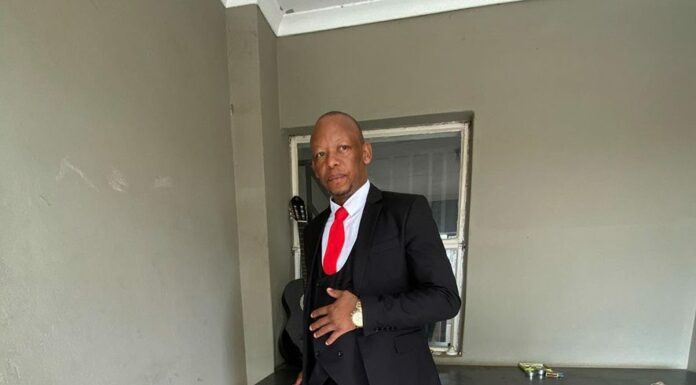Today, Sunday World can reveal that the South African Music Industry Council (Samic), which claims to represent the South African music industry, has been deregistered due to non-compliance.
Samic was registered with the Companies and Intellectual Property Commission (CIPC) in June 2019.
A source disclosed that the council is not even listed as a non-profit organisation (NPO) with the Department of Social Development.
Samic was established on November 26 2014 as an affiliate of the Cultural and Creative Industries Federation of South Africa (CCIFSA).
It was formed under the auspices of the Department of Trade, Industry and Competition (DTIC), formerly known as the Department of Trade and Industry (DTI), and the Department of Sport, Arts and Culture (DSAC).
The founding members included Eugene Mthethwa, Mandla Maseko, Nhlanhla Sibisi, Dodo Monamedi, Hector Mailula, Tebogo Sithathu, Sipho Dlamini, and Romeo Qetsimane, among others.
DTI pumped millions of rands into the entity
It is alleged that the DTI transferred millions of rands into Samic’s bank account.
“I know that the DTI poured millions of rands into their bank account, but I don’t know the exact amount. However, those millions were never accounted for. As a result, the DTI withdrew its support,” said the source.
Sunday World has also seen a letter of withdrawal from Lionel October, who was at the time the DTI’s director general. In the letter, October expressed a number of concerns. These include that Samic had failed to account for the funds and had breached the Memorandum of Agreement (MOA). October said these exposed the department to significant risk.
“The DTI concluded an MOA with your organisation. It stipulates that Samic is required to submit an implementation/project plan with timeframes by 1 March every year,” reads the letter dated February 3 2020, which is being made public for the first time.
Failed to submit progress reports as per MOA
“In addition to the implementation plan, Samic is also required to submit a progress report on the goals, objectives, outputs, and outcomes stated in the implementation/project plan.
“This includes a list of achievements and explanations for any unmet targets. Also the remedial action taken, to be submitted by the 10th day after the end of each quarter.
“Lastly, bi-monthly activity reports must be submitted five days after the end of the reporting month. As your organisation has exposed the department to a serious risk of non-compliance, and given the other issues where your organisation has breached the MOA, the department has decided to terminate the MOA.”
Sunday World contacted Vusi Leeuw: “The person who should answer you is the Honourable Eugene Mthethwa. He will give you direct and factual answers.”
Mthethwa says he does not have the facts
When approached for comment, Mthethwa said: “Samic was registered with the CIPC during my term as president. It had an FNB bank account where I was one of three signatories. Therefore, it is difficult to say whether it still exists or not.
“As you can see, a second version was registered, which might have sought funding from DSAC. That second group unconstitutionally and desperately convened an elective conference under the name of Samic. This is an attempt to remove the original leadership and install a new, unconstitutionally constituted Samic,” said Mthethwa, an EFF parliamentarian and member of the sport, arts and culture oversight committee.
“Based on this, one cannot definitively say whether Samic still exists. Especially since the current leadership’s term has lapsed without any programmes or funding. DDG Vusi Ndima is copied here to confirm their existence and legitimacy.”
DTIC also unable to give clarity
Bongani Lukhele from DTIC could not divulge any information regarding the matter. He said: “We are not able to provide this information at this stage.”
At the time of publishing, the Department of Social Development had not responded to our query regarding the matter.
Matter of fact: In the initial story, we had stated that Vusi Leeuw, the current president of Samic, failed to clarify why Samic does not exist. Leeuw had referred Sunday World to Samic’s past president. We regret the error.



